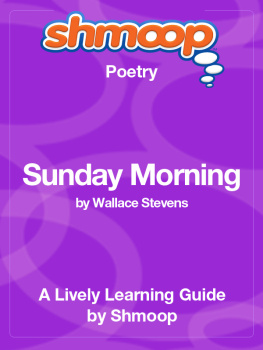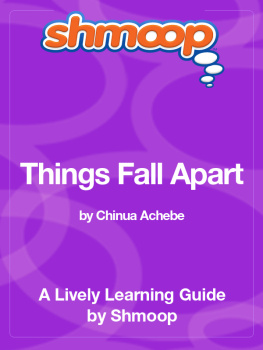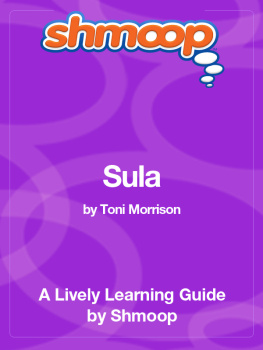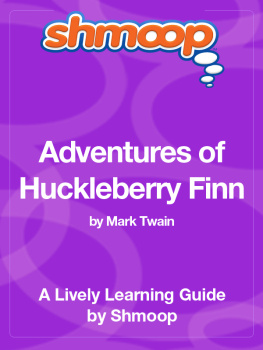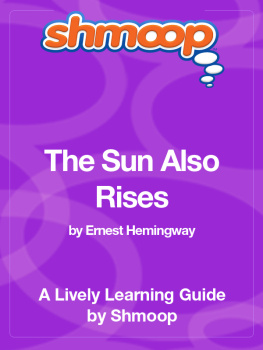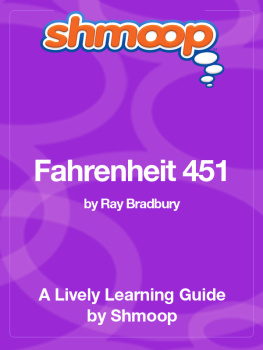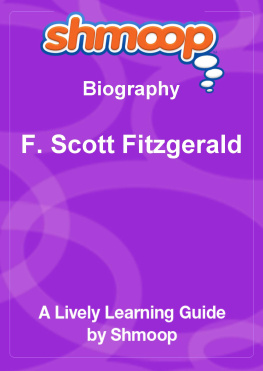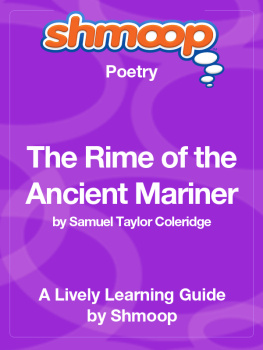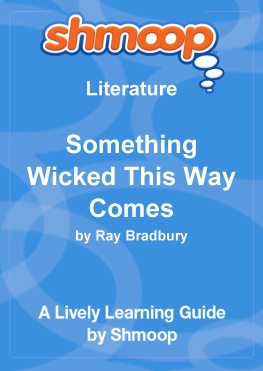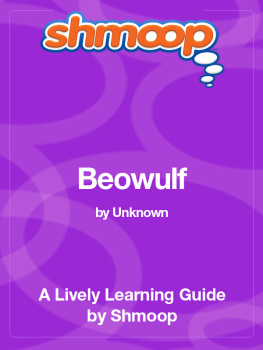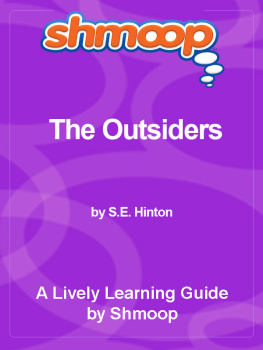In a Nutshell/Overview
You know the story: a fresh-faced young writer has his or her first work published, the literary world takes notice of the next big talent, and the writer goes on to create some of the most famous and well-known works of his or her time. Now imagine that the "fresh-faced writer" is the middle-aged man who lives next to you and dutifully rides the train to his office job every morning wearing a shirt and a tie.
Meet Wallace Stevens in 1915, when "Sunday Morning," was published in Poetry one of America's premiere literary magazines. This was the work that made the literary world sit up and ask, "Who's the new guy?" Well, "the new guy" was an insurance executive and former lawyer in his late-thirties working as the vice president of the New York Office of the Equitable Surety Company. Not exactly the type you'd think would go on to become perhaps the most acclaimed American poet of the 20th century. In fact, it would be nearly another decade before he even published his first book of poems, Harmonium, in 1923.
"Sunday Morning" was published in two versions, and the version from Harmonium is the one that most people read today. With eight stanzas, it's the longer version. The one published in 1915 only has five stanzas. When he sent the poem to Harriet Monroe, the editor of Poetry, she said (essentially), "Wallace, this poem is fabulous! I love it! The only thing is that - see these three stanzas? - they don't work. We've got to cut them." And Stevens said (essentially), "You're the expert. OK."
But, let's not be too hasty in judging poor Harriet. After all, she was one of the first bigwig types to recognize the genius of a man whom a lot of people probably would have thought too old to launch a career as a poet. The biggest change is that in the 1915 version, the eighth stanza with its immortal last words - "downward to darkness, on extended wings" - becomes the second stanza. It's still a great poem, just not as great as the version from Harmonium, so do make sure that you find the longer one.
Harmonium contained a bunch of classic poems like "The Emperor of Ice-Cream," "Disillusionment of 10 O' Clock," and "Thirteen Ways of Looking at a Blackbird." After it was published, Stevens became truly famous, at least among literary folks. Still, he continued to live a double life from his humble home in sleepy Hartford, Connecticut: insurance man by day, modernist poet by night. And, it would take several more decades before his work was finally recognized with a big award, the Pulitzer Prize, in 1955. He died that same year.
Why Should I Care?
This poem is about what it means to be happy, and who doesn't want to be happy? It's about "living in the moment," but unlike that expression, it doesn't sound like an advertising slogan. It's subtle. If you've read the poem, think of the pagan men who dance and celebrate the sun in stanza VII. They aren't worried about whether they left the door unlocked when they left home that morning, and they aren't anxious about some meeting or appointment they have next week. They're only thinking about the joy and beauty of the present moment.
Does that kind of feeling exist anymore, or are we too bogged down in planning out every part of our lives? In the case of the poem's protagonist, she is too concerned with what's going to happen "after" her happy little breakfast for the joy of the moment to be complete. She knows that, eventually, the morning has to end, but she has a hard time letting go.
People experience this bittersweet feeling all the time, and not just when they're out in nature. When kids are on summer break, for example, they sometimes worry so much about the return of school and homework that they can't fully enjoy the time they have to just hang out.
In short, next time you have that slightly anxious feeling that good things must come to an end, you might take a cue from the naked guys in stanza VVII, throw up your hands, and belt out a song to the sun. Your friends might think you're crazy, but, with any luck, you'll be so happy it won't even matter.
Read the Poem
You can find "Sunday Morning" on Poetryfoundation.org.
Stanza I
Lines 1-5
Complacencies of the peignoir, and late
Coffee and oranges in a sunny chair,
And the green freedom of a cockatoo
Upon a rug mingle to dissipate
The holy hush of ancient sacrifice.
- First things first: what's a "peignoir?" Well, you can check a picture of one in our "Photos and Pics" section, but, basically, it's like a pair of fancy pajamas - a long, comfy nightgown for women.
- OK, now we can begin.
- "Complacencies of the peignoir, and late" - stop right there. You've just reached one of the craftiest line breaks in all of English poetry.
- Stevens chops the sentence off right in the middle, at one of the most awkward points possible, yet the line sounds like exactly what it's supposed to mean. The line break comes "late" because you would normally expect it after the pause of "peignoir," but instead we get part of the next phrase. It's a lazy morning, and everything is running behind - even the poetry.
- Then, the next line begins "coffee and oranges," and we're wondering what on earth "late coffee and oranges" could be. We look back at the title and remember how people often don't eat breakfast until 10 or 11 o'clock on Sundays, and we think, "Ah, it must be late in the morning."
- Indeed, it's late in the morning, and a woman is enjoying a leisurely, late breakfast in a chair out in the sunshine.
- The morning is full of happy things, or "complacencies," like coffee, oranges, and the warm sun.
- How do we know it's a woman? Because she's wearing the "peignoir" we described above.
- But, what's up with this "cockatoo," and why is it referred to as a "green freedom?" This is a poem where a lot of lines don't make sense until you read past them, and the cockatoo line is a good example.
- A cockatoo is an exotic pet bird, like a parrot. This one happens to be green. But, is it a real bird, or is it just a pattern woven "upon the rug?" We think it's a real pet bird hopping around on the rug, but there's no way to be sure.
- In general, though, she feels a sense of "freedom" at being able to do whatever she wants this morning and not having to, say, go to church. It's as if she's saying to herself, "I don't care what day it is - if I want to sit here and think about the cockatoo on my rug, I'm gonna do just that."
- So, let's put this all together. The woman is having a late breakfast and thinking about all the nice things around her. When all these things combine together, or "mingle," in her mind, they help weaken, or "dissipate," the sense of obligation she might otherwise feel.
- What kind of obligation? "The holy hush of ancient sacrifice."
- Hm. The title of the poem is "Sunday Morning," so what kind of "holy" sacrifice could she be thinking of? Ah, yes, the sacrifice of Jesus Christ in Christianity.
- If it weren't for all the small pleasures around her, she might be weighed down by thoughts about Christianity. Everyone else is at church, and here she is, relaxing outside in the sun.
- The word "sacrifice" hints that it might even be Easter morning, when people would be most likely to think about the death and resurrection of Jesus.
- It's important to get a handle on how the poem begins, because these five lines are the key to understanding the 115 lines that follow. They include four of the key images that will occur over and over again in the poem - fruit, birds, the sun, and the death of Jesus Christ.

